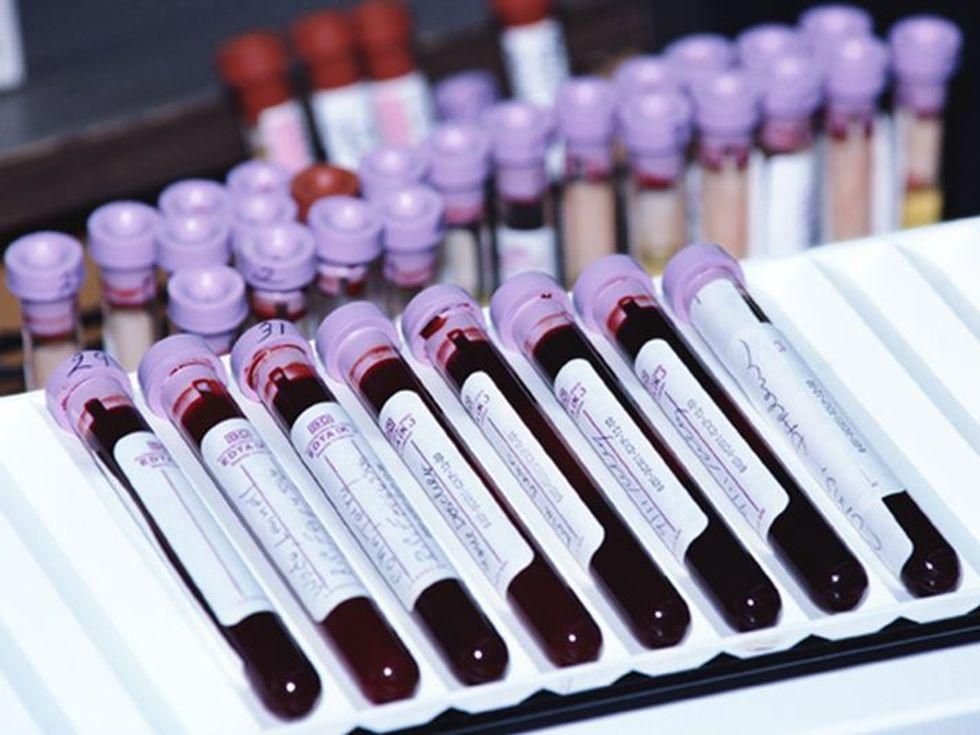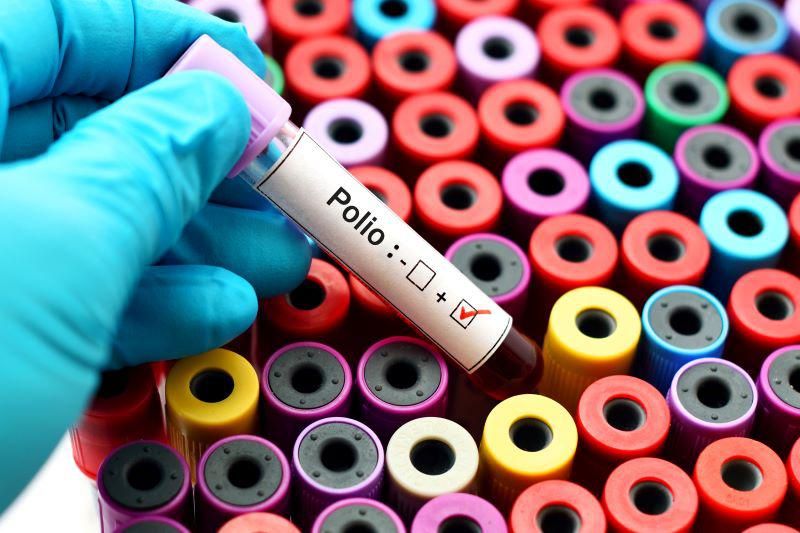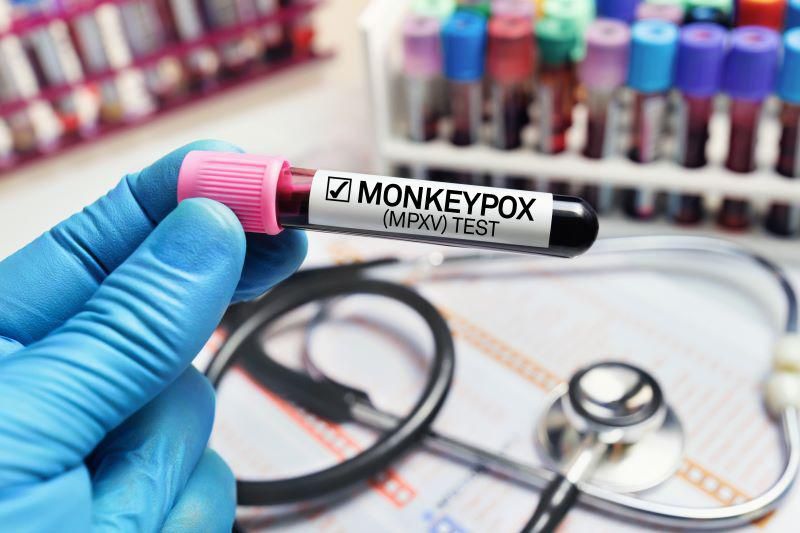
A single blood test that can screen for more than 50 cancers seems to work fairly well in the real world, a preliminary study reveals. Researchers found that of over 6,600 apparently healthy people aged 50 and older, the blood test detected a possible cancer “signal” in roughly 1%. When those individuals had more extensive… read on > read on >


















